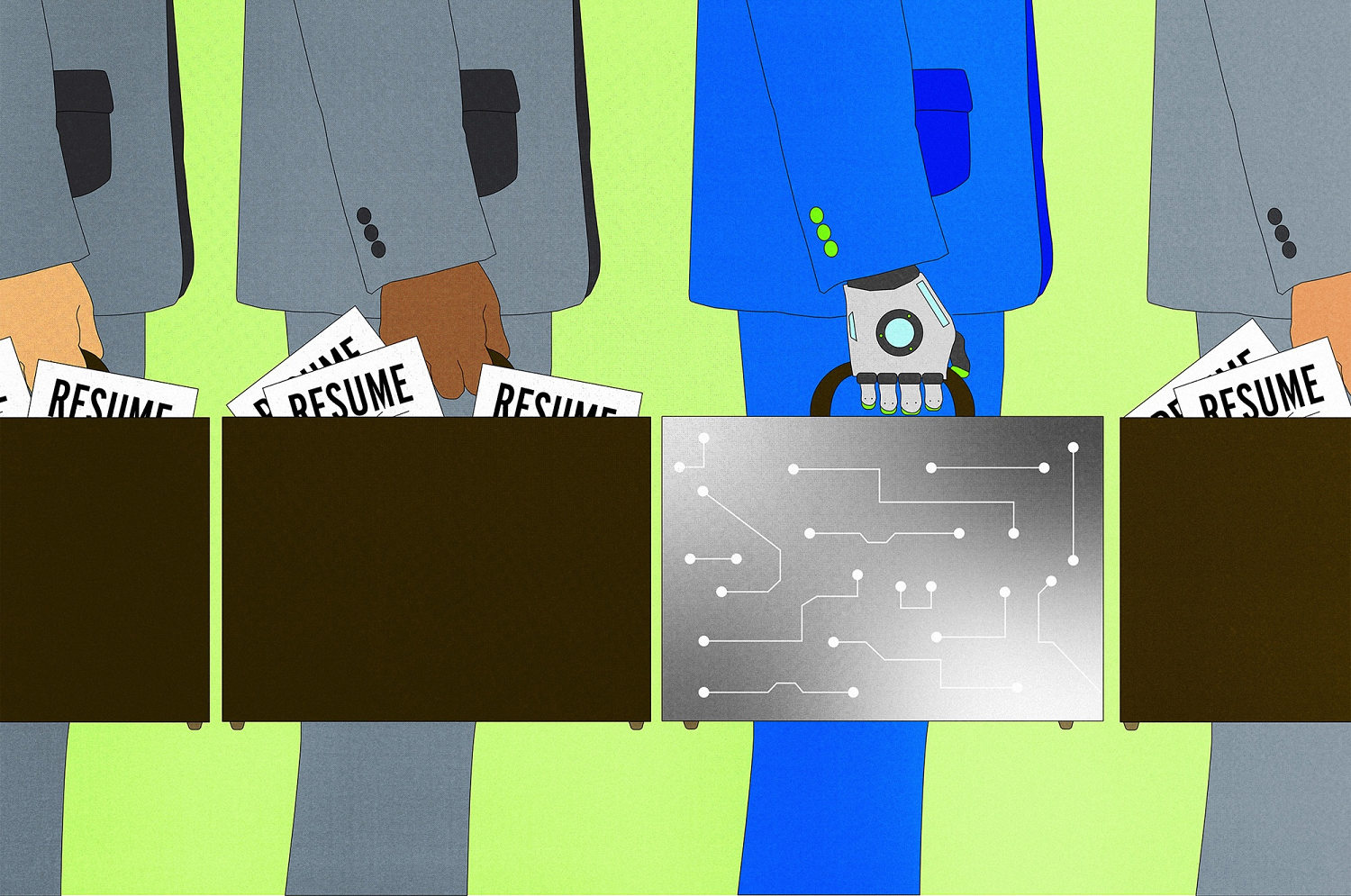FTC’s ‘click to cancel’ rule will make ending unwanted subscriptions easier

One click. That’s all it takes to sign up for some monthly subscriptions, like streaming services or gym memberships. But when it comes time to cancel those subscriptions, it’s often not that easy.
Sometimes you have to call customer service on the phone. You spend an hour talking to a robot before you finally get through to a human being. Customer service transfers you to memberships, memberships transfers you to cancellations, then the call drops and you have to do it all over again.
Some companies make it absurdly difficult to cancel recurring subscriptions. It’s frustrating and expensive, and the Federal Trade Commission is putting a stop to it.
This week, the FTC finalized a “click-to-cancel” rule that will require sellers to make it just as easy to cancel a subscription as it was to sign up. This is part of our broader efforts to crack down on unfair or deceptive pricing and put money back in Americans’ pockets.
Every year, tens of thousands of Americans reach out to the FTC about illegal subscription tactics. In 2021, we heard from an average of 42 consumers per day. Now we hear from nearly 70 consumers per day about recurring charges they can’t cancel, or memberships they never signed up for in the first place.
When we first proposed the “click-to-cancel” rule back in March, thousands of Americans across the country told us about the problems they’ve had with all kinds of products and services: an arthritis medication subscription, a membership to an urban trampoline park, even recurring donations to a well-known charity.
One person who wrote to us was interested in a meal delivery service. In order to see the meal options available, they had to subscribe. They decided that these meals weren’t right for their family and cancelled the subscription immediately. Several weeks later, a box of food arrived, as did a credit card charge. This customer was told that while they did cancel their subscription, they didn’t cancel their order — which they never actually placed — and they were stuck paying for food they didn’t choose and didn’t want.
Some companies require you to mail a certified letter to their corporate headquarters. Some require you to go to a brick-and-mortar store to cancel in person. Sometimes that store is only open from 9 a.m. to 5 p.m., hours when most people are at work, so you have to go out of your way, and maybe even take time off, to cancel a subscription that was advertised as “cancel anytime.”
This problem can be especially challenging for older Americans, who may not be able to physically visit a store, and may not feel comfortable navigating a website to find the hidden cancellation page. We heard from an 80-year-old man in New Jersey who said: “I don’t want to spend my remaining years fussing with companies over this.”
Time is precious, no matter our age. Companies that engage in these illegal tactics aren’t just stealing their customers’ money; they are stealing hours upon hours of our lives.
Too many Americans feel like they are stuck in an endless doom loop. Too many just give up and fork over dozens, sometimes hundreds, of dollars for subscriptions they do not want or need. In many cases, of course, that’s precisely the point: to wear you down and keep taking your money, month after month.
These tactics also take business away from honest companies. As one commenter from Illinois put it: “If corporations are offering a quality product, then they wouldn’t need to create these traps for consumers.” In a free market, companies should compete fairly on the merits of their products, not trick people into paying against their will.
That’s why this week, the FTC finalized our “click-to-cancel” rule. Our rule also prohibits sellers from misrepresenting facts about their subscription models, requires them to provide key information before they collect your credit card details, and requires them to seek your informed consent before signing you up for recurring charges.
We are also taking other steps to fight back against tricks and traps in our economy, like banning unavoidable junk fees and cracking down on illegal tactics that inflate the price of prescription drugs. Across the Biden-Harris administration, the government has been working hard to lower costs and protect Americans from corporate wrongdoing, coercion and abuse.
Our “click-to-cancel” rule will give millions of Americans back their valuable time and hard-earned money — and it will save them an inordinate amount of stress and headache. If you can sign up with one click, you should be able to cancel with one click.
Some things really should be that simple — and now, cancelling your unwanted subscriptions is one of them.
Lina Khan is chair of the Federal Trade Commission.
Topics
-

The Just-Passed ‘Click to Cancel’ Rule Already Faces a Legal Battle
Business - Inc. - October 24 -

SambaNova and Hugging Face make AI chatbot deployment easier with one-click integration
Tech - VentureBeat - November 6 -

Meta must face trial in FTC antitrust lawsuit, judge rules
Politics - The Hill - November 13 -

AI is supposed to make applying to jobs easier — but it might be creating another problem
Top stories - NBC News - 4 days ago -
Lyft told drivers they could make more than $30 an hour. The FTC says it deceived them.
Business - MarketWatch - October 25 -
Biden makes moves to cancel Ukraine’s debts ahead of Trump’s inauguration
Business - MarketWatch - 8 hours ago -

US Airlines Have New Rules on Refunds for Canceled Flights. Here’s What to Know
Tech - Wired - November 8 -

Judge Plans to Rule on Musk’s $56 Billion Tesla Payday by Year End
Business - Inc. - November 1 -
Boeing Makes Another Offer to End Machinists Strike
Business - The Wall Street Journal - October 31
More from The Hill
-

Trump Cabinet picks: Here’s who’s on the list to carry out his agenda
Politics - The Hill - 47 minutes ago -

Not so noble: The geopolitics of the Nobel Peace Prize
Politics - The Hill - 47 minutes ago -

TSA administrator says he'd like to stay on under Trump
Politics - The Hill - 57 minutes ago -

Department of Education releases FAFSA forms 10 days ahead of schedule
Politics - The Hill - 1 hour ago -

Ukrainians' approval of Zelensky, government at lowest point of war: Survey
Politics - The Hill - 1 hour ago